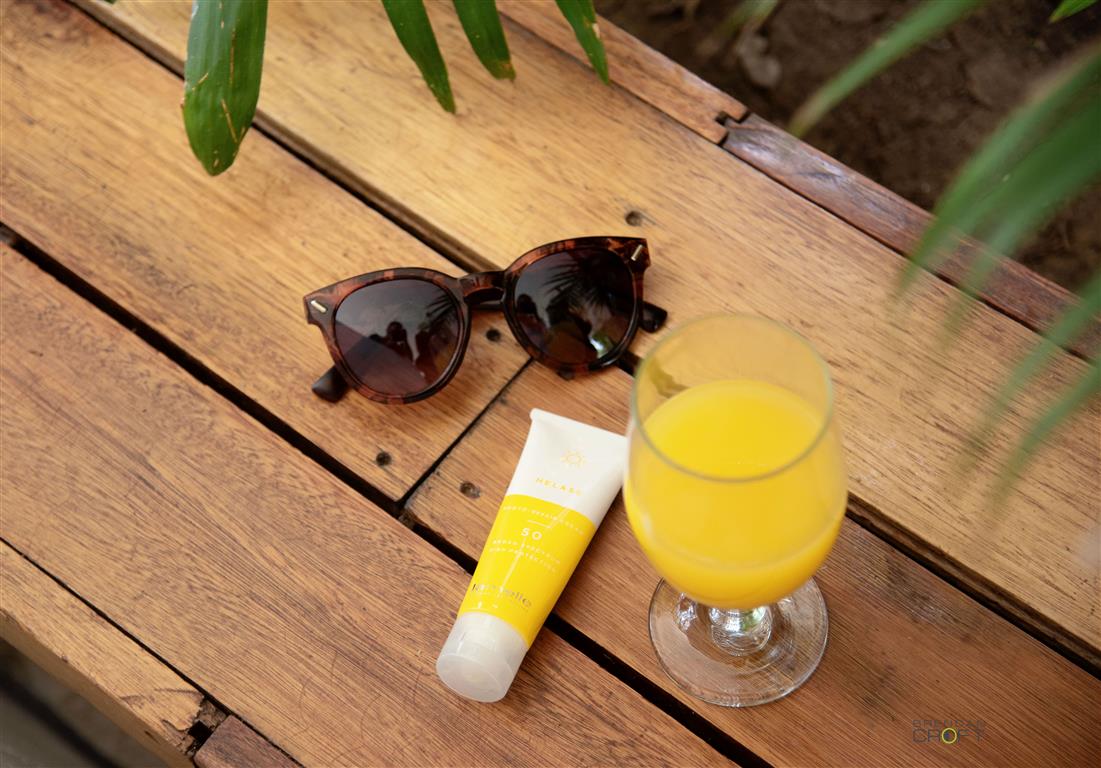As summer arrives and temperatures soar, many people are spending more time outdoors. Whether at the beach, park, or splash pad, using a sun protectant is essential. When selecting a product, you’ll encounter two main options: sunscreen and sunblock. But what’s the difference?
The Basics
The terms “sunscreen” and “sunblock” are often used interchangeably, but there are key differences, mainly in their composition and how they work. According to Dr. Shilpi Khetarpal, a dermatologist at Cleveland Clinic, it’s all about the ingredients.
Sunblock
Products labeled as “sunblock” are no longer found on store shelves. In 2011, the FDA prohibited the use of this term because it overstated the effectiveness of these products. However, some products can be considered sunblocks based on their ingredients.
Sunblocks contain zinc oxide and titanium dioxide, which act as physical barriers. They reflect UV rays, offering robust protection. These ingredients make the product thicker and can leave a white sheen on the skin. They are recommended for people prone to burning, those with a history of skin cancer, fair-skinned individuals, and infants.
Sunscreen
Sunscreens, also known as chemical sunscreens, work differently. They absorb UV rays and break them down to prevent skin damage. While effective, certain ingredients in chemical sunscreens, such as oxybenzone and octinoxate, have raised environmental and health concerns. These chemicals are banned in parts of Hawaii and Key West to protect marine ecosystems. The FDA has also flagged these chemicals for further safety evaluation.
Choosing the Right Product
When choosing a sun protection product, consider the following:
- Broad Spectrum: Ensure the product protects against both UVA and UVB rays.
- SPF: Select a sunscreen with an SPF of at least 30.
- Water Resistance: If you’ll be swimming or sweating, choose a water-resistant product. Note that manufacturers can no longer claim their products are “waterproof” or “sweatproof.” Instead, labels will indicate if the sunscreen remains effective for 40 or 80 minutes while swimming or sweating.
In summary, both physical and chemical sunscreens are effective, but your choice may depend on your skin type, health history, and environmental considerations. Always opt for a broad-spectrum product with an SPF of 30 or higher and follow application guidelines for optimal protection.



